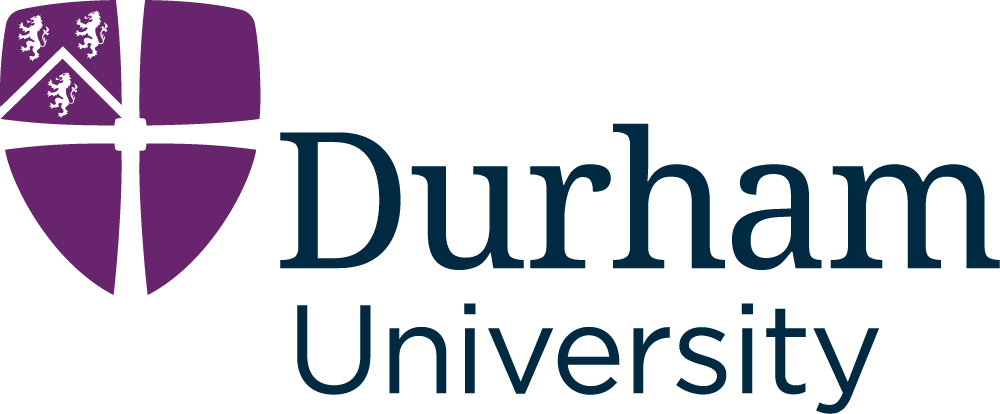
Welcome to The Decarbonisation of Heating and Cooling eLearning Course
This course will introduce the topic of decarbonising heating and cooling systems to achieve net zero emissions. It is designed to appeal to a diverse audience, including those interested in decarbonising their respective industries or sectors, individuals involved in designing innovative technical solutions, and participants with a broader curiosity about the subject.
This globally oriented course draws heavily from a UK historical perspective, but the technical solutions offer global application.
Participants will initially gain insight into the challenge of achieving net zero heating and cooling, accompanied by a historical overview explaining why current technical solutions have largely evolved towards natural gas. The course will cover a range of technologies, starting with existing solutions like the vapor compression heat pump, solar collectors, and natural gas, and progressing to more research-oriented topics such as adsorption heat pumps, which have not yet gained widespread commercial adoption.



Modules Covered
1. The importance of heating and cooling for decarbonisation
2. Space heating and cooling fundamentals
3. From thermal demand reduction to net-zero
4. Heat from gas – Toward hydrogen, carbon capture and storage
5. Heat Pump - Vapour compression heat pump
6. Heat Pump - Absorption heat pump
7. Heat Pump - Adsorption heat pump
8. Techno Economics of heating/cooling systems
9. Solar collectors and solar driven heating systems
10. Thermal Energy Storage
11. Integrated Energy Systems, Heating and Cooling Networks
About the Authors
The course has been authored by Dr Huashan Bao, Dr Zhiwei Ma, Dr Andrew Smallbone and Dr Richard Williams at the Department of Engineering, Durham University, UK.
As part of the Russell Group of leading research-intensive universities, Durham University has a longstanding and powerful commitment to research and research-led teaching. We are recognised as one of the leading centres of research in Engineering in the world. Our research covers a wide range of topics, and our researchers bring expertise from across the world. Durham University is committed to delivering solutions to the net-zero transition and is home to the Network for the Decarbonisation of Heating and Cooling Network, which includes the latest thinking and research in this area. Together with colleagues from other Universities we are working towards solving the challenges in decarbonising our heating and our cooling and have been delighted to work on this project, funded by The Industrial Decarbonisation Research and Innovation Centre (IDRIC).

Dr Huashan Bao
Huashan Bao received PhD from Institute of Refrigeration and Cryogenics in Shanghai Jiao Tong University, China. She then worked as Research Associate and then Senior Research Associate in Sir Joseph Swan Centre for Energy Research in Newcastle University before she joined Durham University in 2019.
Huashan’s main research is thermochemical technology for heating, cooling, energy storage and power generation. She is also working on solar PV/T collector, thermal energy storage, industrial waste heat recovery, and multi-vector energy system and network.

Dr Andrew Smallbone
Andrew is the Director of the EPSRC Network+ on the Decarbonisation of Heating and Cooling, Co-Director of the EPSRC Network+ on Hydrogen for Transportation (Network-H2), a Fellow of the Durham Energy Institue (DEI) and an Associate Professor in the Department of Engineering.
He leads multi-disciplinary research teams on the decarbonisation of energy, heat, transport and industry. His expertise is in techno-economic evaluation and advanced numerical modelling as well as the development of novel engineering prototypes and hardware demonstrations.

Dr Zhiwei Ma
Zhiwei Ma is an Assistant Professor in Department of Engineering in Durham University. He received PhD (2012) from Institute of Refrigeration and Cryogenics in Shanghai Jiao Tong University, China. He then worked as Research Associate in Department of Materials Science and Engineering in Sheffield University (2013-2014) and Sir Joseph Swan Centre for Energy Research in Newcastle University (2015-2017). He was promoted to Senior Research Associate in 2018 before joining Durham University.
Zhiwei’s main researches are thermal energy storage, low-grade heat utilization, and novel thermodynamic cycle development for heating, cooling, dehumidification and power generation. He was given a prestigious award, the Sadi Carnot Award by International Institute of Refrigeration in 2019 for his contributions to the low-grade heat utilisation.

Dr Richard Williams
Richard Williams is a post doctoral research associate at Durham University. He has led a number of major energy related research projects across a number of engineering technologies, including gas turbines, steam turbines, wind turbines, internal combustions engines, electrical machines, methane capture, and industrial training.
